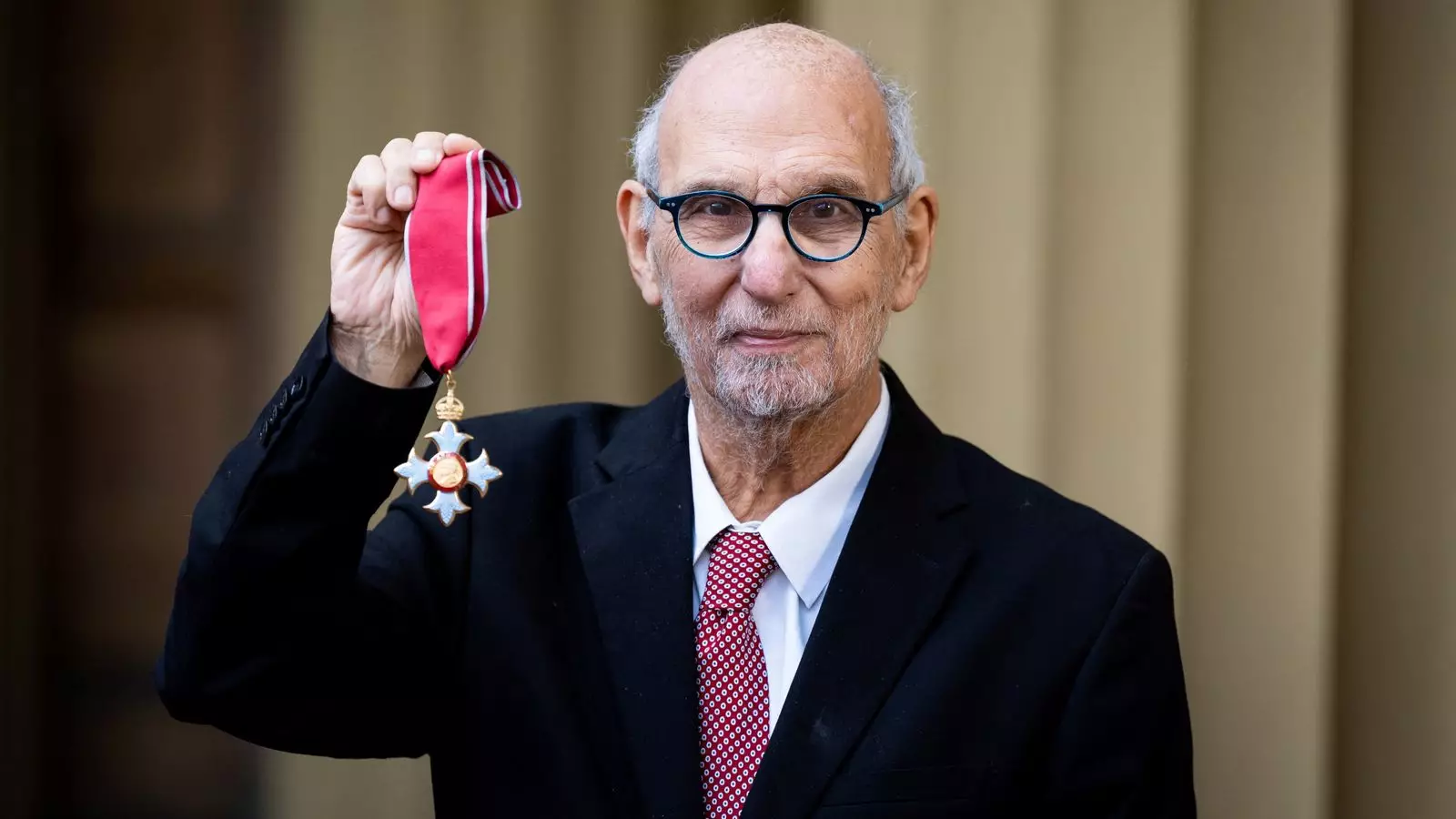The death of Alan Yentob at 78 marks a somber moment in the landscape of British media and culture. Yentob was not merely an executive and presenter; he was a beacon of creativity, a true innovator whose trajectory reshaped the BBC and, by extension, much of the cultural tapestry of post-war Britain. This man, who began as a trainee at the BBC in 1968, ascended the ranks to become a celebrated figurehead, embodying the very essence of curious exploration that characterizes true art.
His wife, Philippa Walker, eloquently encapsulated the unpredictable essence of their lives together, describing him as “curious, funny, annoying, late, and creative.” Yet this characterization barely scratches the surface. Yentob’s inquisitive nature went beyond a mere appetite for novelty; it reflected an intrinsic belief in the transformative power of storytelling. Each project he embraced—be it the launch of children’s programming or significant drama productions—was infused with his unique perspective, resulting in cultural moments that resonated deeply across generations.
Innovator Behind Iconic Programming
Yentob’s influence was profound, arguably extending beyond the confines of the BBC. He played a pivotal role in the inception of CBBC and CBeebies, two children’s channels that have provided inspiration and entertainment to countless young minds. His commissioning of masterpieces like “Pride and Prejudice” and “Middlemarch” are reminders of his passion for well-told stories; they are historical markers that showcase not only his taste but also his commitment to fostering a creative environment. The BBC under his guidance was a testament to the idea that public broadcasting should not only entertain but also educate and challenge.
This notion aligns with the ethos of center-left liberalism, which advocates for cultural enrichment and social responsibility. Yentob’s work was imbued with a sense of moral clarity—he believed in the potential of art to uplift communities and foster dialogue. During a time and space where media often skews towards sensationalism, Yentob’s legacy serves as a powerful counterargument. He exemplified the importance of narrative integrity and social purpose in broadcasting, a sentiment that speaks to a greater societal need for depth over distraction.
A Personal and Professional Triumph
The accolades Yentob received throughout his career, including being named Commander of the Order of the British Empire (CBE) in 2024, were not simply honors; they were acknowledgments of a life spent in service to art and culture. BBC Director-General Tim Davie noted him as a “towering figure,” emphasizing that Yentob’s contributions left an indelible mark on the industry.
In reflecting on his contributions, it is evident that his passion for culture was genuinely personal. It was not merely about climbing the corporate ladder or achieving fame; it was rooted in his belief that media could create connections. His approach to leadership was likely characterized by a deep empathy that has now become increasingly scarce in today’s hyper-competitive media environment. Amol Rajan’s tribute to Yentob as an “improbable impresario” encapsulates this dichotomy perfectly—while he ascended to greatness, he remained inherently relatable and grounded.
Alan Yentob’s journey from a young trainee to a media titan exemplifies a life marked by curiosity, creativity, and compassion. As we remember him, we are reminded that such qualities are not just admirable but essential in driving the cultural conversations that shape our society.

Leave a Reply